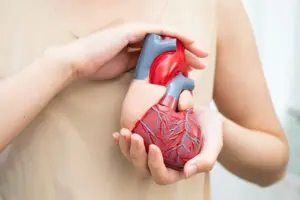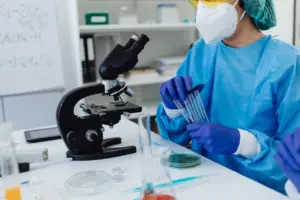
Maintaining good oral hygiene could play a key role in preventing and improving outcomes in cancer, according to researchers from the All India Institute of Medical Sciences (AIIMS), Delhi. The findings were published in The Lancet Regional Health – Southeast Asia.
Dr. Abhishek Shankar and Dr. Vaibhav Sahni of AIIMS noted that poor oral health is increasingly being linked to several chronic conditions, including cardiovascular disease, diabetes, adverse pregnancy outcomes, Alzheimer’s disease, and various forms of cancer.
The doctors pointed out that new research shows that keeping your mouth clean is important for understanding the risk of head and neck cancers (HNC), and there is also evidence that gum disease is connected to cancers in the digestive system, breast, prostate, pancreas, uterus, lungs, and throat.
Also Read | Study warns of gastric cancer spike in Asia; India to record 1 in 6 cases
A pooled analysis by the International Head and Neck Cancer Epidemiology (INHANCE) consortium, involving over 21,000 participants, found that good oral hygiene, characterised by regular dental visits, daily tooth brushing, and fewer missing teeth, was associated with a modest reduction in the risk of head and neck cancers.
The researchers also noted that having certain harmful oral bacteria, like Porphyromonas gingivalis and Prevotella intermedia, is linked to a higher chance of getting cancer and worse survival rates.
The team also emphasised that oral health is especially important during cancer treatments. Radiotherapy to the head and neck region significantly alters the oral microbiome, reducing beneficial bacteria and increasing harmful species, which can lead to complications. Patients with severe gum disease undergoing radiotherapy, with or without chemotherapy, are at higher risk of post-treatment bone healing issues, they added.
Data from the CHANCE study also revealed that routine dental visits over a decade were linked to reduced cancer mortality.
The researchers called for public health initiatives across the WHO South-East Asia Region (SEAR) to promote oral health, including supervised toothbrushing programs for children, free distribution of toothbrushes and toothpaste, and the development of point-of-care diagnostics that are affordable and accurate.








